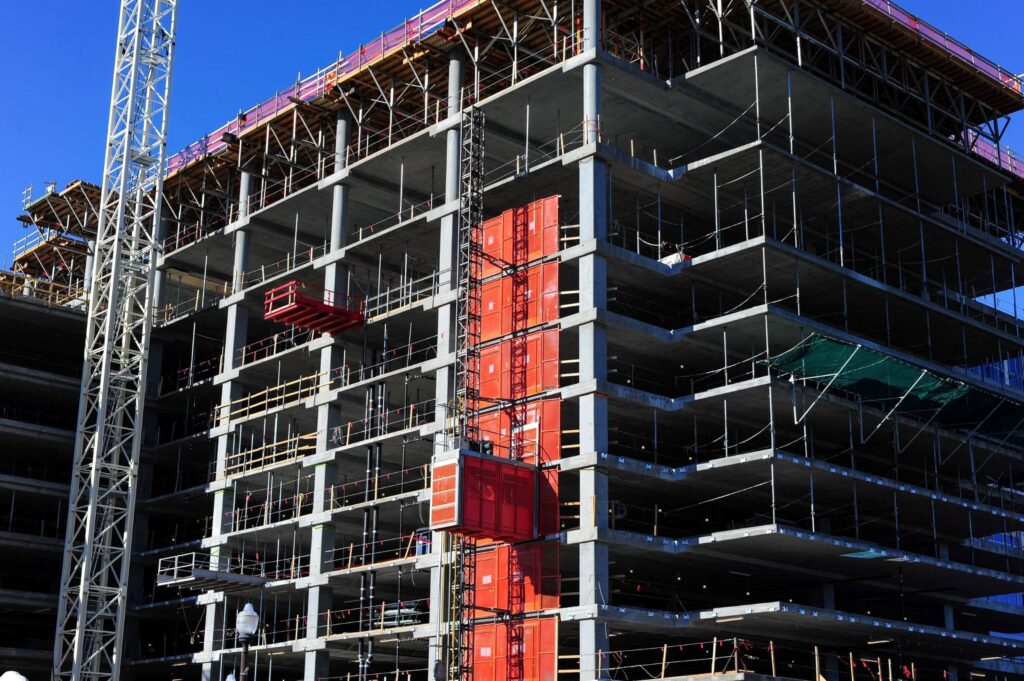As a stakeholder in the Arizona construction industry, whether as a contractor, subcontractor, or homeowner, it is critical to understand the legal implications surrounding your projects. One such legal framework is the “Little Miller Act.” In this article, we want to explain the intricacies of this act, as well as its impact on construction projects and home remodels in Arizona.
The Little Miller Act, mirroring the federal Miller Act, is a state statute that safeguards the rights of subcontractors, laborers, and suppliers involved in state or local government construction projects. The Act mandates the general contractor to provide a payment and performance bond which ensures payment to all subcontractors and suppliers, preventing any financial losses that might arise from nonpayment.
The Little Miller Act in Arizona
Arizona’s Little Miller Act, codified in Arizona Revised Statutes (ARS) §34-222, requires any contractor undertaking a public construction project to provide a performance and payment bond. The bonds serve as a guarantee that all subcontractors, laborers, and suppliers will be paid for their work.The performance bond must be equal to the total contract price and must remain in effect until the contract is fully discharged.
Implications for Construction Projects
The Little Miller Act ensures that subcontractors and suppliers are paid, thus reducing the risk of delays or stoppages in construction projects. If the general contractor fails to pay, the aggrieved party can make a claim against the payment bond. This is particularly important in large-scale construction projects, where multiple layers of subcontracting can often blur the lines of financial accountability. The bond claims also allow for the recovery of attorneys’ fees.
Impact on Home Remodels
It is also important to note that the Little Miller Act applies exclusively to public works projects. Therefore, if you’re a homeowner looking to remodel your private residence, the Little Miller Act won’t directly affect your project. However, understanding this Act is still valuable.
For one, it sets a precedent on how payment assurance processes work, which can be mirrored in private contracts for greater financial protection. Secondly, it helps you evaluate the credibility of contractors. Reputable contractors will likely have experience with public projects and therefore with the bonding process required by the Little Miller Act. It is generally a good idea to discuss the payment assurance process with any contractor working on your remodel project and include those details in the contract.
How It Shapes the Arizona Construction Industry
The Little Miller Act cultivates an environment of security and accountability within the Arizona construction industry. By requiring payment bonds, it ensures that subcontractors and suppliers are guaranteed payment for their services, regardless of any issues that may arise with the general contractor.
This makes public construction projects more appealing to smaller businesses, who might otherwise be deterred by the risk of nonpayment. The Act also promotes ethical business practices, as it discourages general contractors from engaging in unfair payment behaviors.
Find a Construction Attorney to Assist with Construction or Remodel Issues
While the Little Miller Act may seem like a complex piece of legislation, its core purpose is straightforward – to protect subcontractors, laborers, and suppliers from the risk of nonpayment in public construction projects. As a cornerstone of the Arizona construction industry, it provides an essential layer of financial security, promoting trust and accountability among all parties involved in public construction projects.
While it may not directly impact private home remodels, understanding the principles of this Act can guide homeowners to foster secure and transparent relationships with their chosen contractors. After all, knowledge is the best tool when navigating the complexities of real estate law and construction projects.
If you’re involved in a public construction project or planning a remodel and have questions about the implications of the Little Miller Act, we recommend consulting with an experienced real estate attorney to ensure your interests are adequately protected. There are several timelines which must be followed so the use of an attorney is essential. The attorneys at RSN Law have decades of experience with construction projects and real estate law. Contact us today at 480-712-0035 to schedule a consultation on your construction needs or make an appointment on the contact us page of our website.
RSN Law intends this article to be for informational purposes, not to be relied on a specific legal matter, and does not create an attorney-client relationship.

